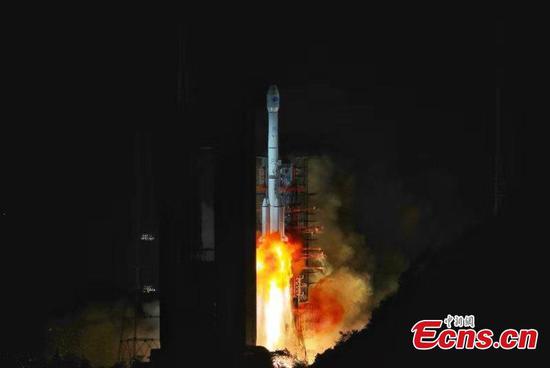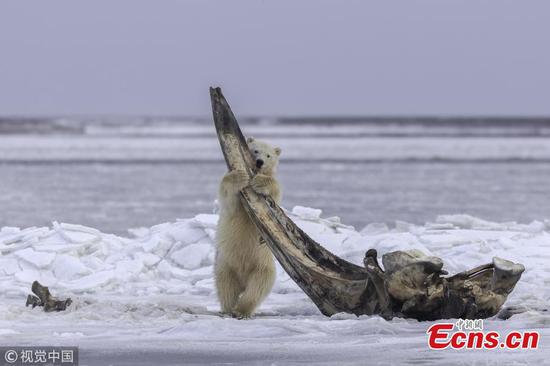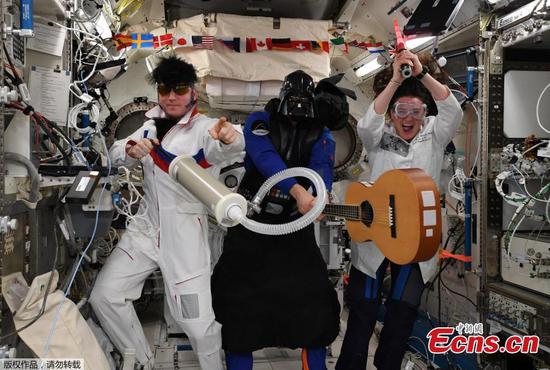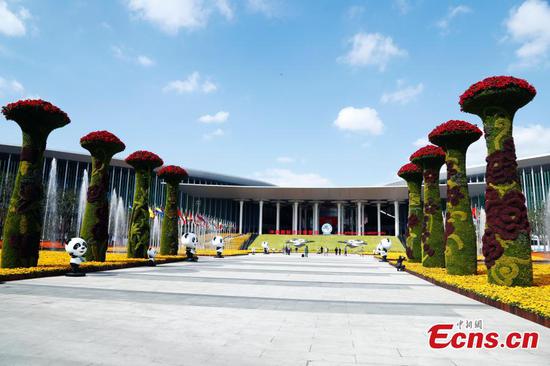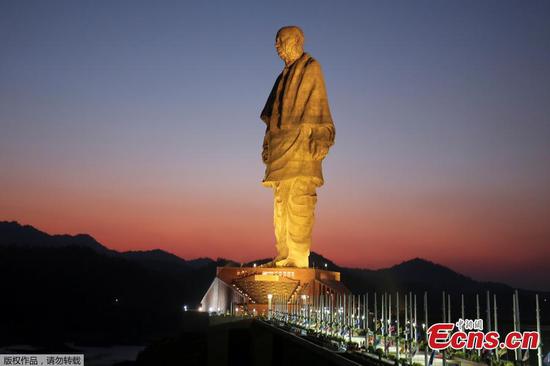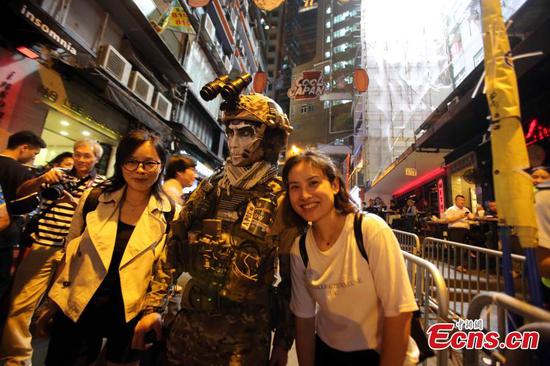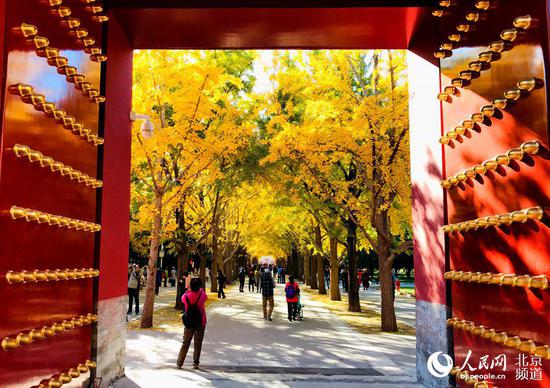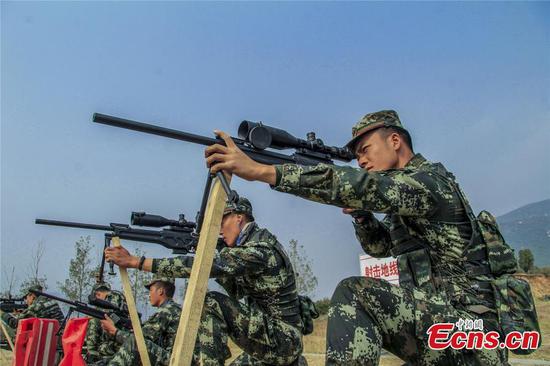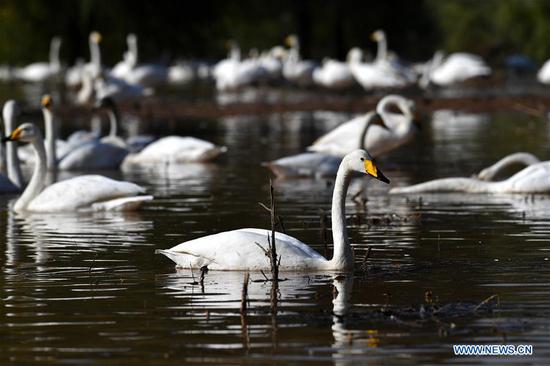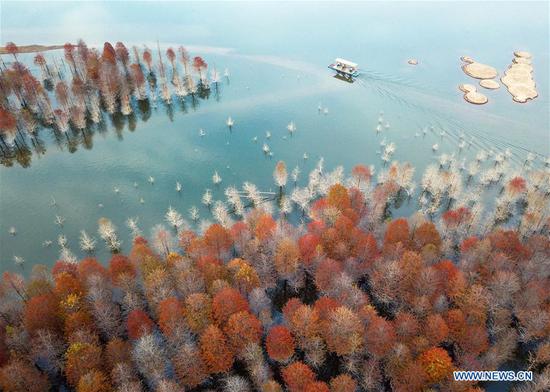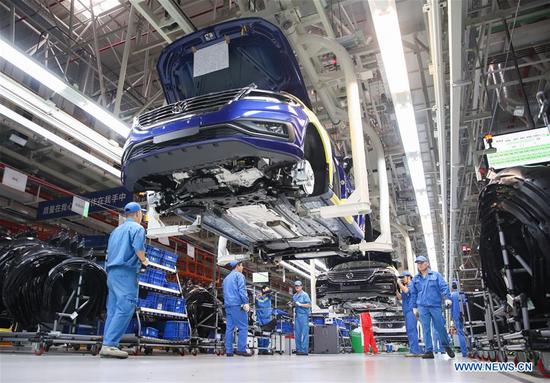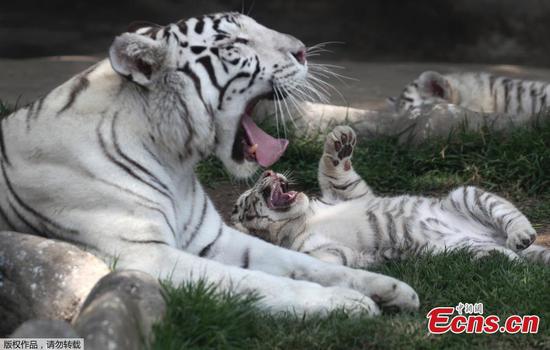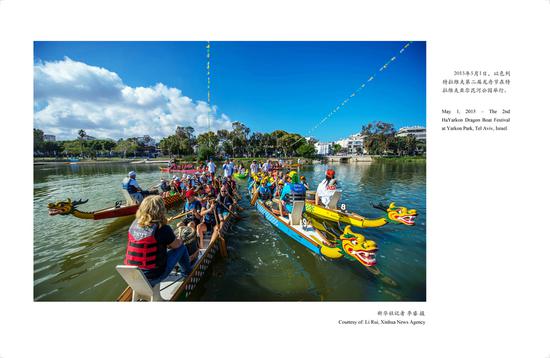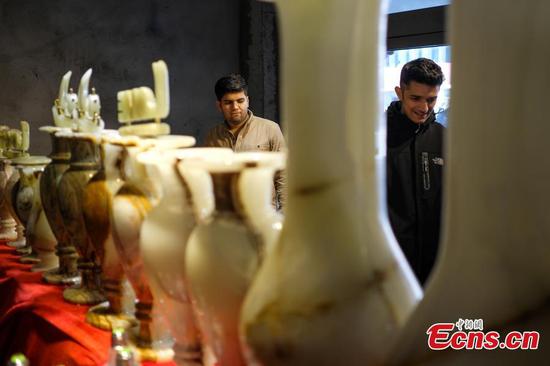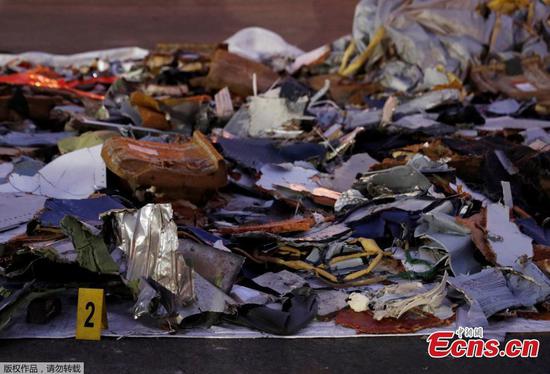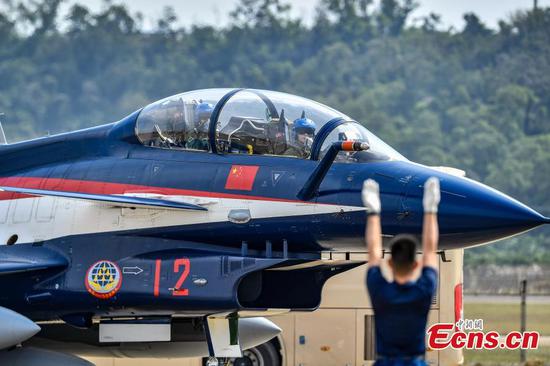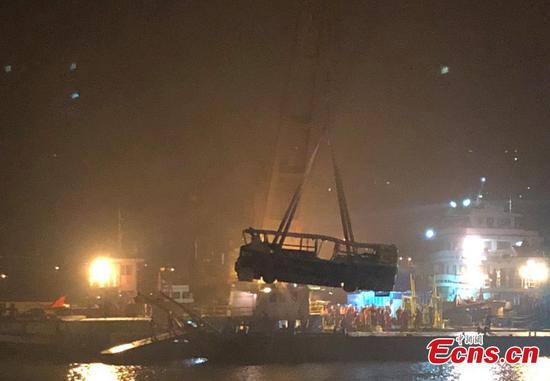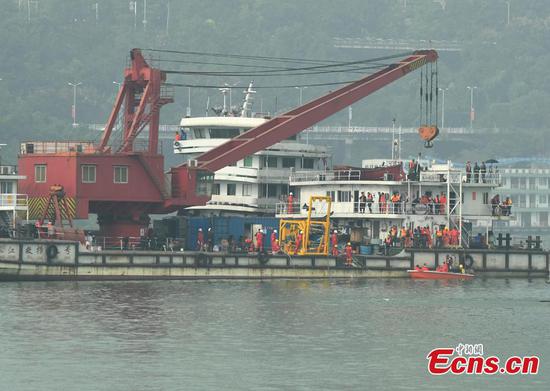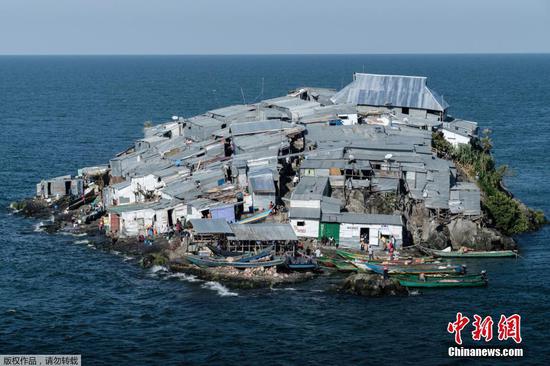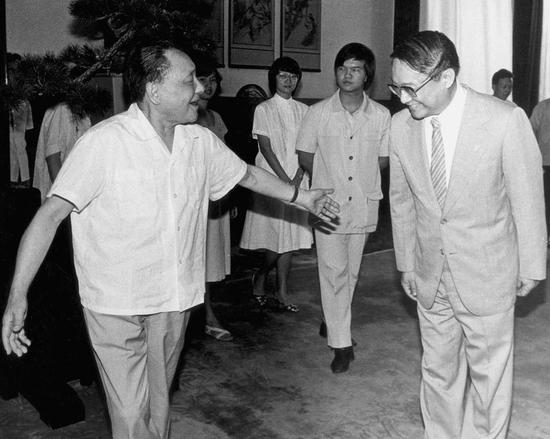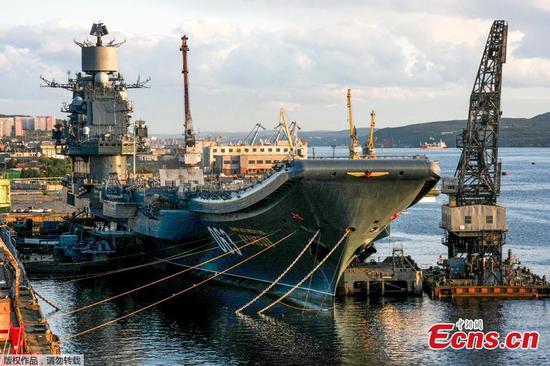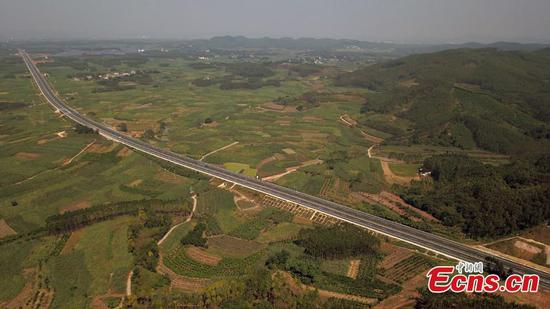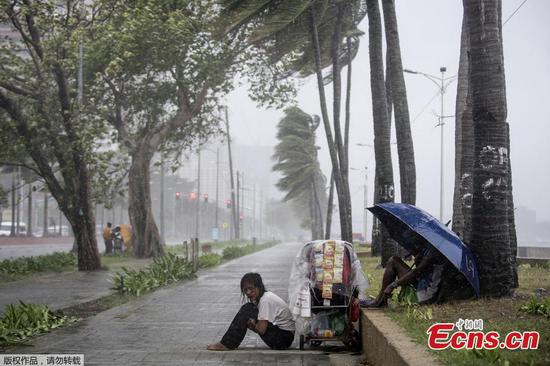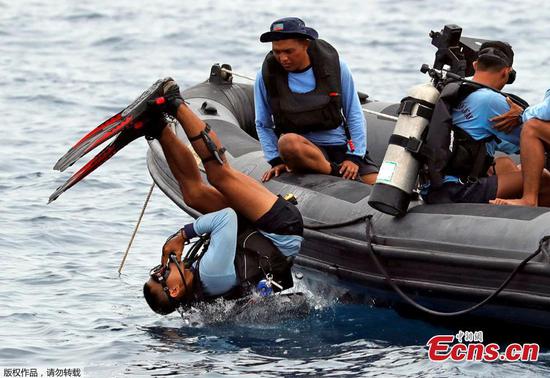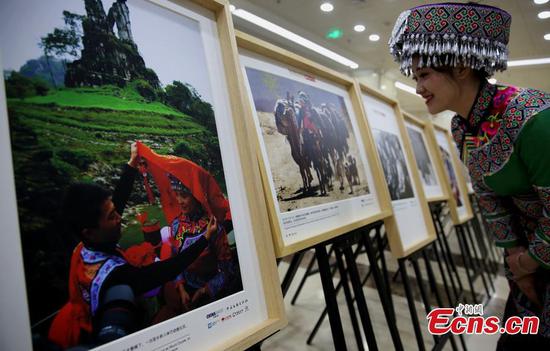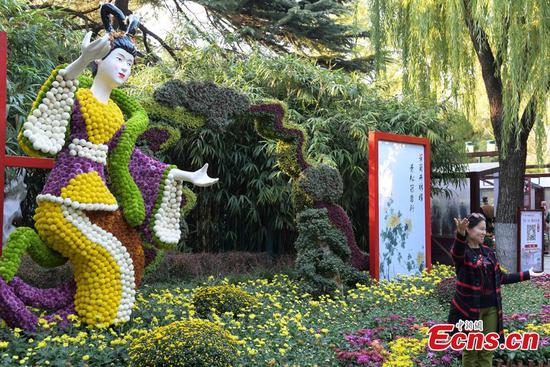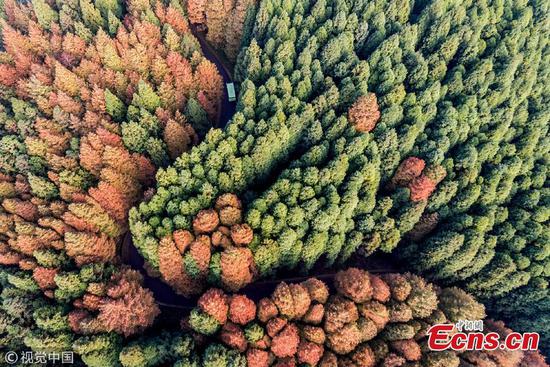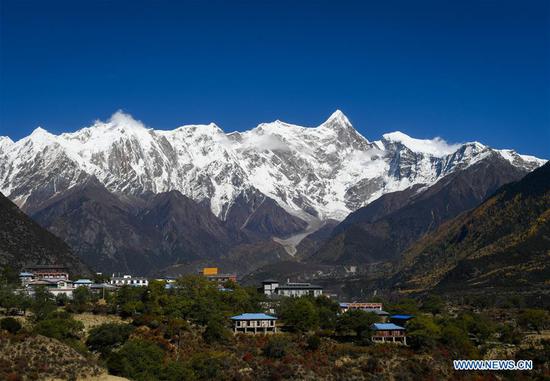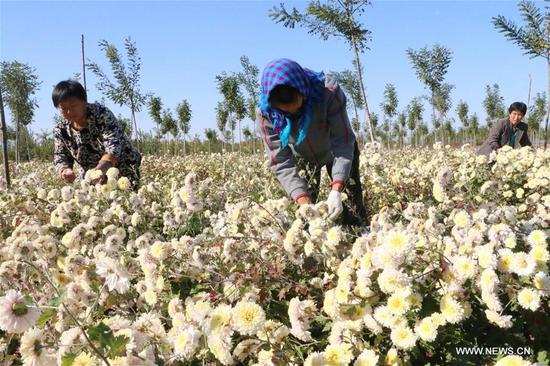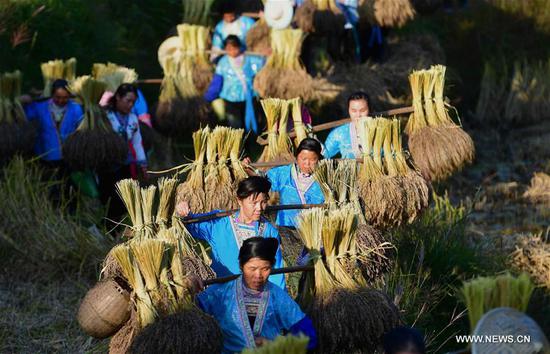
Chinese and Russian people attend a civil trade market in Suifenhe, which borders Russia, in 1990. (Photo provided to China Daily)
Complementary needs
Zhao Guodong, deputy director of Mudanjiang's commerce bureau, said materials were scarce during the planned economy period and goods did not have prices. So when the market began to open up, traders could easily sell at a good price and make a fortune.
"China and Russia had complementary needs," he said.
"We sold light industrial products to them while they supplied us with natural resources. Today, barter trade doesn't exist; sizable companies prosper instead. Counterfeits have been effectively banned and the markets have become more regulated."
Mudanjiang now has four major ports - an airport in the city, a highway and a railway port in Suifenhe and a highway port in Dongning. They have a combined cargo capacity of nearly 40 million metric tons a year and can transport 22 million people a year, according to the city government.
There are now 558 companies in Mudanjiang trading with Russia, and the city's exports and imports totaled 19.25 billion yuan ($2.77 billion) last year, 16.97 billion yuan more than in 1993.
Crude oil and timber accounted for more than 70 percent of imports from Russia, while shoes and machines made up nearly 80 percent of exports.
However, international trade can be easily affected by changing policies and global conditions, something Chen Xiangzhou, the chairman of Suifenhe Friendship Wood Industry Co, who has traded with Russia for 18 years, is deeply aware of.









